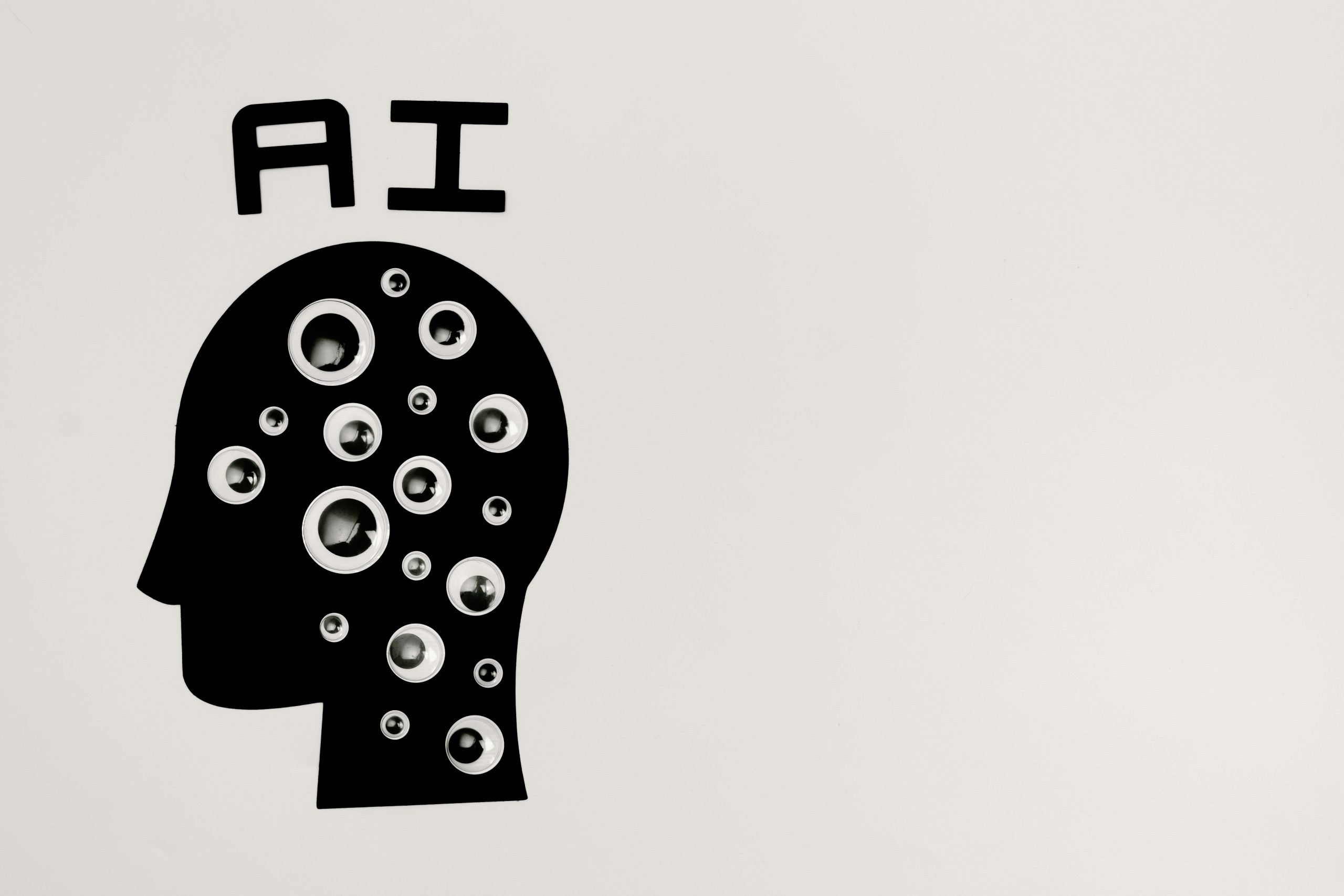Controversial Question: Can AI Think?
The Debate Surrounding AI: Can Machines Truly Think?
In today’s rapidly evolving technological landscape, artificial intelligence (AI) has emerged as a hot topic, sparking numerous debates and discussions. One of the most intriguing questions in this field is whether AI can genuinely think. As an individual who is not an AI expert, I find myself pondering this question deeply, particularly given the implications it carries for the future.
At its core, many believe that AI lacks true thought capacity. Instead of possessing the ability to think autonomously, AI systems operate on vast databases of pre-existing information. When confronted with unfamiliar challenges, they essentially sift through this reservoir of data to identify solutions based on past patterns. This process raises critical questions: if AI can only retrieve and recombine existing knowledge, can it genuinely think, or is it merely mimicking thought processes?
To illustrate this point, consider the complex issue of developing a cure for cancer. Current AI models can provide insights and recommendations based on available research, but they cannot create groundbreaking solutions if the foundational information is not yet discovered. This limitation suggests that, while AI can assist and enhance human ingenuity, it does not possess the capacity for independent thought or creativity in the same sense that humans do.
As we navigate this fascinating discourse on the nature of AI, it is essential to consider the distinctions between human-like thinking and data-driven processing that machines employ. While AI can transform industries and contribute to significant advancements, recognizing its limitations is crucial in understanding its role in our lives. Ultimately, the question of whether AI can think remains open to interpretation and debate, fueling a broader conversation on technology’s place in society.














1 comment